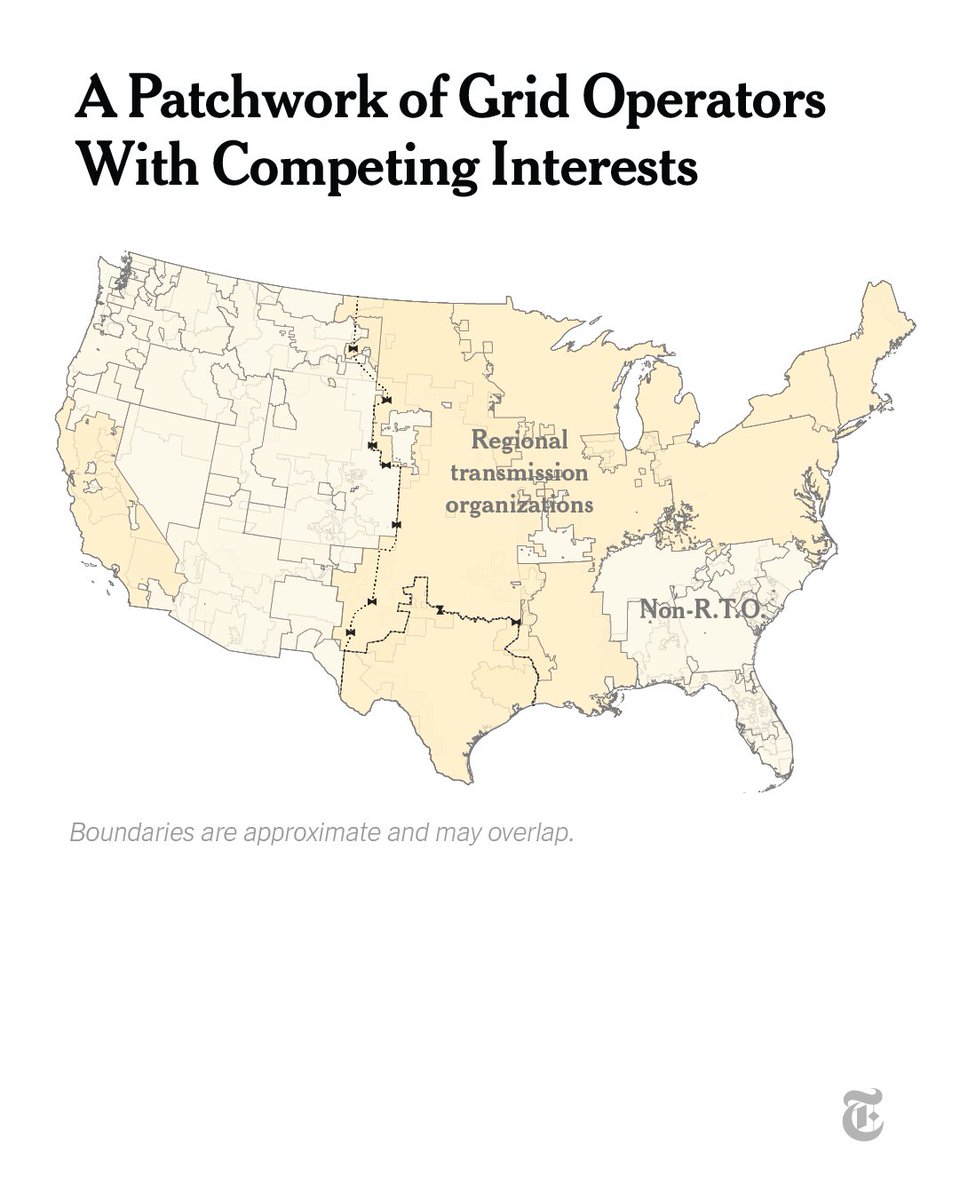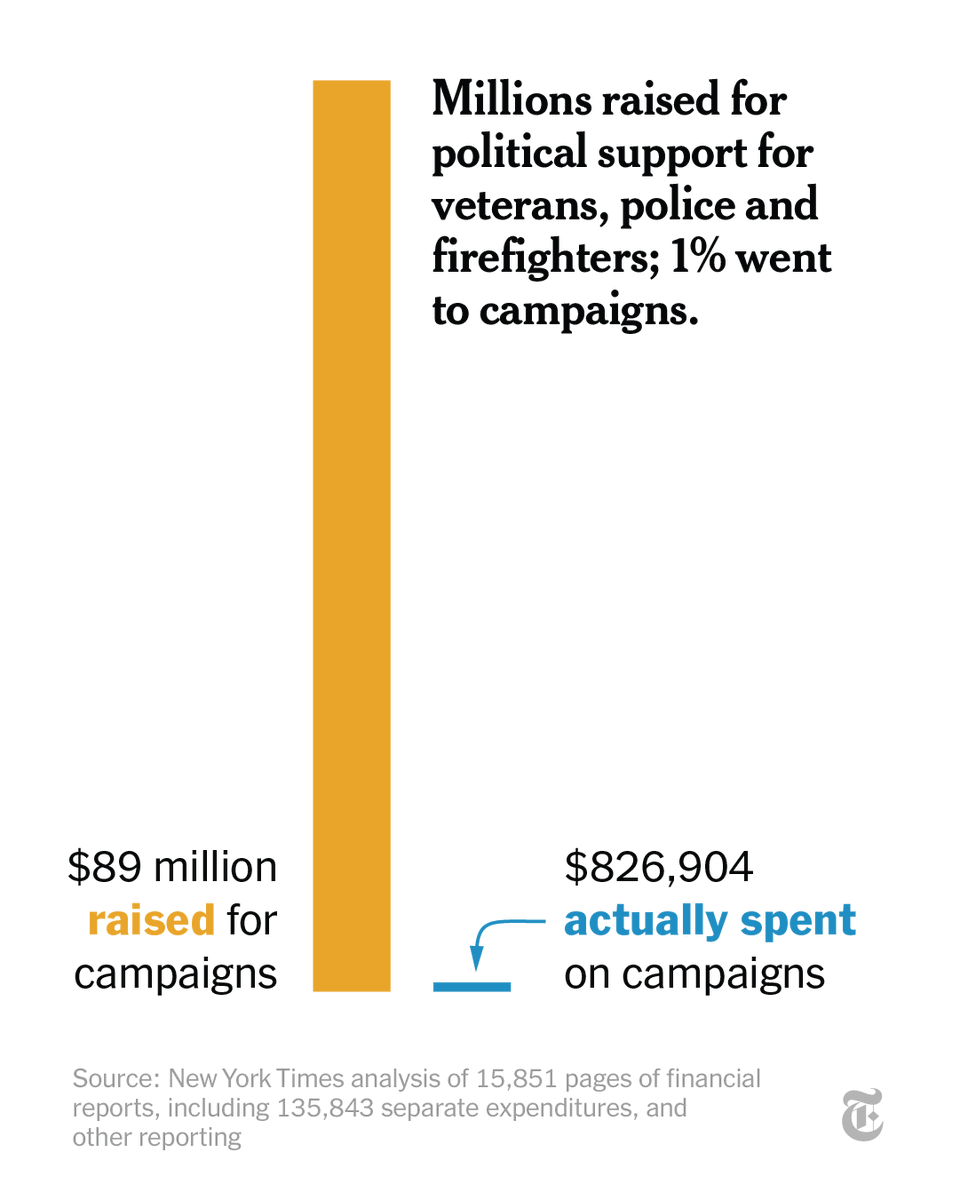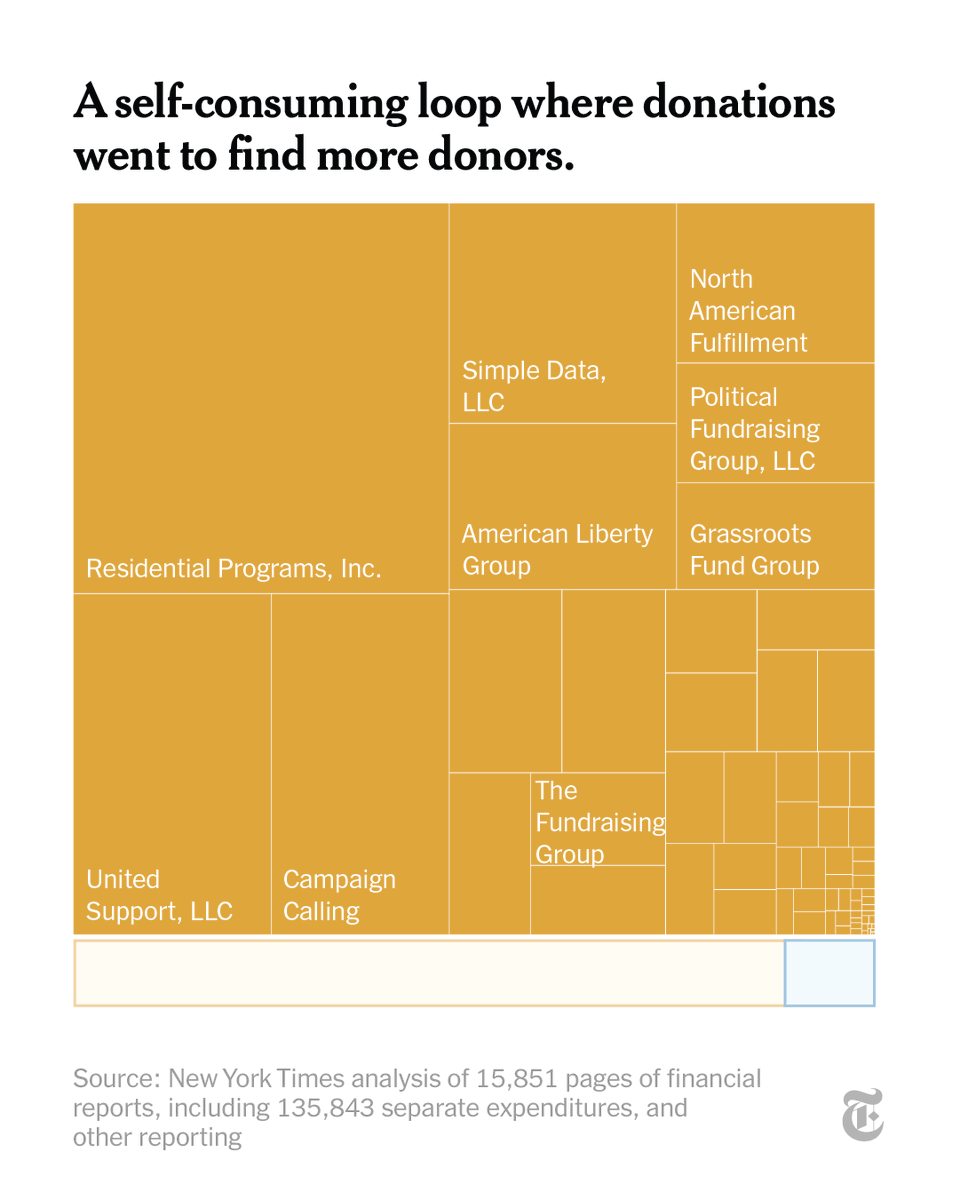"I feel like I’m just drowning." In @NYTMag, @susandominus reports on a group of high school students as they tried desperately to make it through an isolated and dire year. Over eight months, they shared their stories with us. Read now. nyti.ms/3boH35s
After schools closed abruptly in March 2020, parents reported that their children had been sad, even seemed depressed. They weren’t learning. They were isolated. Months later, research would confirm what parents already knew: Many kids were struggling. nyti.ms/3boH35s 

Before the pandemic, Charles was a kid who was on track for a scholarship. But during the isolation of remote learning, he began feeling overwhelmed. The voice in his head exhausted him. He was convinced that his destiny was failure. nyti.ms/3boH35s 

When Sarah pictured depression, she imagined some girl in a movie, sobbing in the shower and pulling at her hair. That wasn’t who she was — but slowly it started dawning on her that maybe she was depressed all the same. nyti.ms/3boH35s 

In an essay for a class, Suzanne wrote that she felt “could never be good enough for the world’s harsh standards.” When she missed a deadline, it felt like one more failure alongside all the others that had been weighing heavily on her mind for months. nyti.ms/3boH35s 

MacKenzie Everett-Kennedy, an AP World teacher, did her best to re-engage her students. But there were so many she just couldn’t reach. In December, she saw a level of darkness in her students that left her feeling flat-out terrified for them. nyti.ms/3boH35s 

"They’re struggling. They’re sad. They’re overwhelmed. They’re hurting. They’re not learning. And they’ve almost given up."
How has the isolation caused by the pandemic affected high school students? Read @susandominus's story from @NYTMag. nyti.ms/3boH35s
How has the isolation caused by the pandemic affected high school students? Read @susandominus's story from @NYTMag. nyti.ms/3boH35s
• • •
Missing some Tweet in this thread? You can try to
force a refresh















